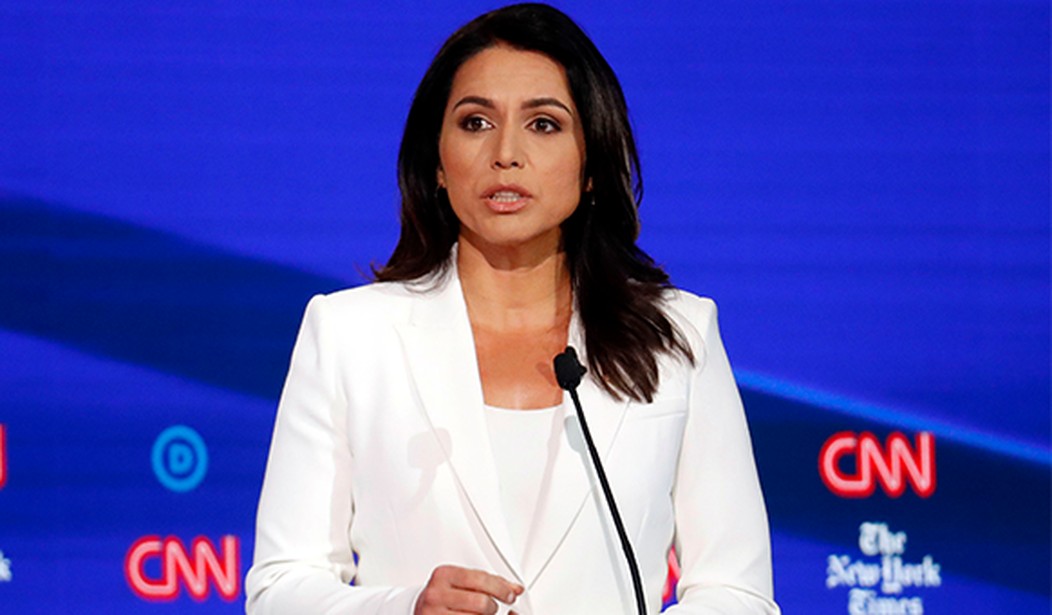Democratic Congresswoman Tulsi Gabbard is ripping Centers for Disease Control and Prevention (CDC) officials for prioritizing the Wuhan coronavirus vaccine for 100 million "essential workers" ahead of elderly populations.
"Heartless, arrogant, unelected CDC bureaucrats have decided that the lives of elderly Americans just don't count. For months the CDC has been telling us that the elderly are the most vulnerable," she said in a post on Twitter. "But now, they are recommending a 100 million so-called 'essential workers,' which means healthy people working at everything from liquor stores to telephone companies, that they can get the vaccine before our grandparents can. That members of Congress like me can get the vaccine before at risk seniors can. People like my aunt, who is imprisoned in her own home because of the danger that if she catches the disease, she could die."
"This is immoral and bad health policy," Gabbard continued.
Heartless, arrogant, unelected CDC bureaucrats have decided that the lives of elderly Americans don’t count. They’re recommending 100 million “essential workers” (i.e. healthy people working at liquor stores or phone companies) can get the vaccine before our grandparents. (1/2) pic.twitter.com/yEn0k0cKBs
— Tulsi Gabbard ?? (@TulsiGabbard) December 21, 2020
Recommended
The CDC's own data and presentations about vaccine prioritization show elderly populations are the most at risk for death. Yet, "experts" are rejecting that science because "racial and ethnic minority groups are underrepresented."

Further, the CDC panel making vaccine prioritization decisions is being advised by radical university professors who are injecting dangerous social justice ideology into the process.
An independent committee of medical experts that advises the C.D.C. on immunization practices will soon vote on whom to recommend for the second phase of vaccination — “Phase 1b.” In a meeting last month, all voting members of the committee indicated support for putting essential workers ahead of people 65 and older and those with high-risk health conditions.
Historically, the committee relied on scientific evidence to inform its decisions. But now the members are weighing social justice concerns as well, noted Lisa A. Prosser, a professor of health policy and decision sciences at the University of Michigan.
“To me the issue of ethics is very significant, very important for this country,” Dr. Peter Szilagyi, a committee member and a pediatrics professor at the University of California, Los Angeles, said at the time, “and clearly favors the essential worker group because of the high proportion of minority, low-income and low-education workers among essential workers.”
That position runs counter to frameworks proposed by the World Health Organization, the National Academies of Sciences, Engineering, and Medicine, and many countries, which say that reducing deaths should be the unequivocal priority and that older and sicker people should thus go before the workers, a view shared by many in public health and medicine.
























Join the conversation as a VIP Member